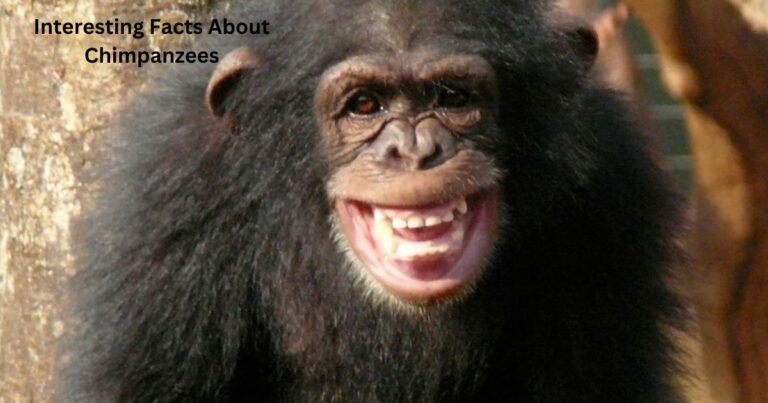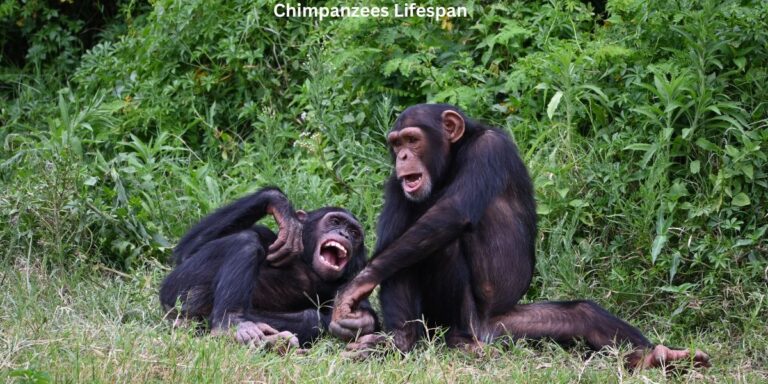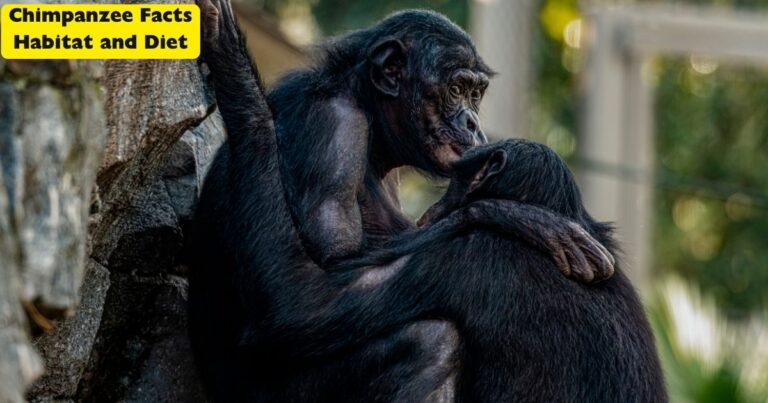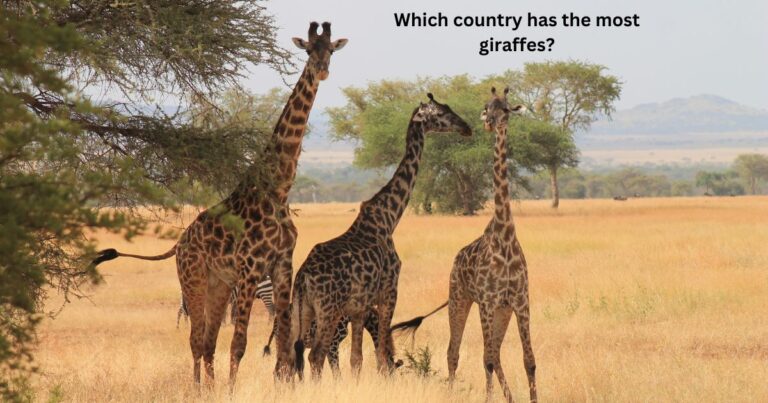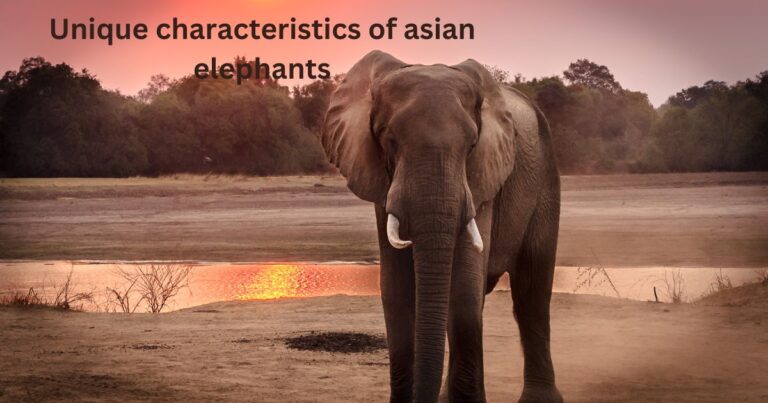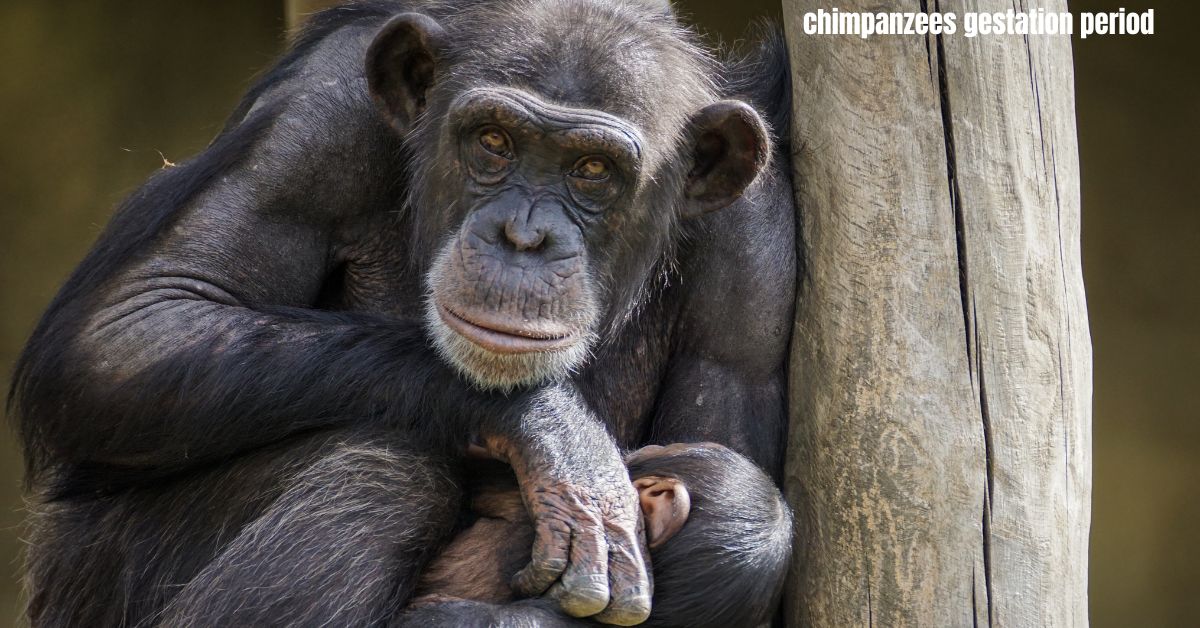
Introduction
Chimpanzees Gestation Period
Understanding the chimpanzees gestation period is imperative for primatologists, zookeepers, and anybody interested in these intriguing primates. This article delves into the subtle elements of the chimpanzees’ gestation period, covering everything from the length of pregnancy to the improvement stages of the hatchling. We point to give you with a comprehensive guide whereas guaranteeing the substance is simple to understand.
Comparison of Gestation Periods in Primates
| Species | Gestation Period (days) | Average Number of Offspring |
|---|---|---|
| Chimpanzee | 230-243 | 1 |
| Human | 270 | 1 |
| Gorilla | 257 | 1 |
| Orangutan | 245 | 1 |
| Bonobo | 240 | 1 |
Introduction to Chimpanzees Gestation Period
Chimpanzees, our closest living relatives in the animal kingdom, share almost 98% of their DNA with people. This genetic similitude makes them an interesting subject to consider, especially when it comes to generation and development. One key viewpoint of this is the chimpanzees’ incubation period, which alludes to the time a female chimpanzee carries her sibling from conception to birth.
Understanding the Chimpanzees Gestation Period
What is the Chimpanzees Gestation Period?
The chimpanzees’ gestation period regularly keeps going about 230 to 243 days, which is around 7.5 to 8 months. This duration is marginally shorter than the human development period, which midpoints around 280 days or 9 months. Amid this time, the female chimpanzee goes through several stages of pregnancy, comparable to human pregnancy, though with a few contrasts fascinating to their species.
Stages of Chimpanzees Gestation Period
1. Early Pregnancy (First Trimester)
The first trimester of the chimpanzees gestation period includes the introductory stages of embryonic advancement. Shortly after conception, the fertilized egg inserts itself in the uterus, where it starts to develop. This period is basic as the establishments for all major organs and body systems are laid down.
2. Mid-Pregnancy (Second Trimester)
Amid the moment trimester, the embryo proceeds to create quickly. Key improvements amid this arrange incorporate the development of appendages, facial highlights, and the starting of developments. The hatchling too begins to create a fine layer of hair known as lanugo, which is common in primates.
3. Late Pregnancy (Third Trimester)
The third trimester of the chimpanzees gestation period is stamped by noteworthy development and last arrangements for birth. The hatchling picks up weight and its organs develop. This is moreover when the mother plans for the birthing handle, finding a secure and secure put to provide her baby.
Factors Affecting the Chimpanzees Gestation Period
Age and Health of the Mother
The age and health of a female chimpanzee can essentially affect the gestation period. Younger and more beneficial females are more likely to have a smooth pregnancy and convey their descendant effectively. More seasoned females or those with wellbeing issues might encounter complications that might influence the length and victory of their gestation period.
Environmental Conditions
Natural variables moreover play a vital part in the chimpanzees’ gestation period. Components such as accessibility of food, climate conditions, and the nearness of potential dangers can impact the wellbeing and well-being of the pregnant female, hence affecting the length and result of the gestation period.
Social Structure and Support
Chimpanzees live in complex social structures, and the support of the gather can essentially influence a female’s pregnancy. The nearness of a steady bunch can offer assistance to diminish stress levels in pregnant females, driving to a more advantageous and possibly shorter gestation period.
Importance of Studying Chimpanzees Gestation Period
Understanding the chimpanzees gestation period is important for several reasons:
1. Preservation Endeavors: Knowing the regenerative designs of chimpanzees can offer assistance in creating viable preservation techniques to secure these imperiled animals.
2. Therapeutic Investigate: Considering chimpanzee development can give experiences into human pregnancy and regenerative health due to our near hereditary relationship.
3. Behavioral Studies: Observing the gestation period and ensuing maternal behaviors can upgrade our understanding of chimpanzee social structures and behaviors.
FAQs about Chimpanzees Gestation Period
How long is the chimpanzees’ gestation period?
The chimpanzees’ gestation period typically lasts between 230 and 243 days, which is approximately 7.5 to 8 months.
What factors can affect the chimpanzees’ gestation period?
Factors such as the age and health of the mother, environmental conditions, and social support within the group can significantly impact the chimpanzees’ gestation period.
How does the chimpanzees gestation period compare to humans?
The chimpanzees gestation period is slightly shorter than that of humans, which averages around 280 days or 9 months.
Why is it important to study the chimpanzees’ gestation period?
Examining the chimpanzees development period is pivotal for preservation endeavors, restorative inquire about, and understanding their social and behavioral patterns.
What are the key stages of the chimpanzees’ gestation period?
The chimpanzees incubation period can be partitioned into three key stages: early pregnancy (first trimester), mid-pregnancy (moment trimester), and late pregnancy (third trimester).
Conclusion
The chimpanzees gestation period is a captivating and complex prepare that offers numerous similitudes with human pregnancy. By understanding the term, stages, and variables influencing this period, we can pick up profitable experiences into the regenerative wellbeing and behaviors of these unimaginable primates. This information not as it were helps in their preservation but too improves our understanding of our possess species. Whether you are an analyst, an understudy, or basically an devotee, investigating the chimpanzees incubation period opens up a world of revelation almost our closest living relatives.

